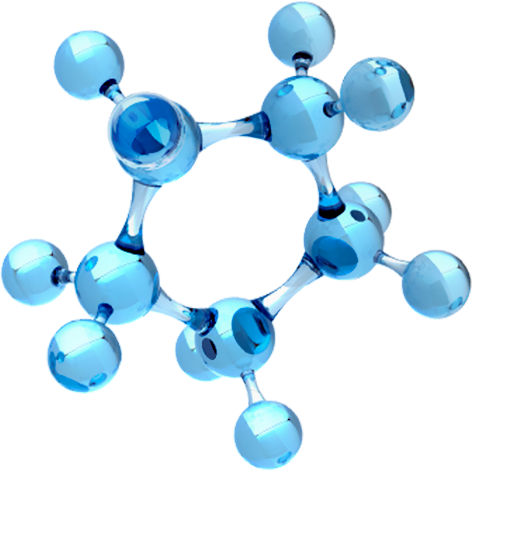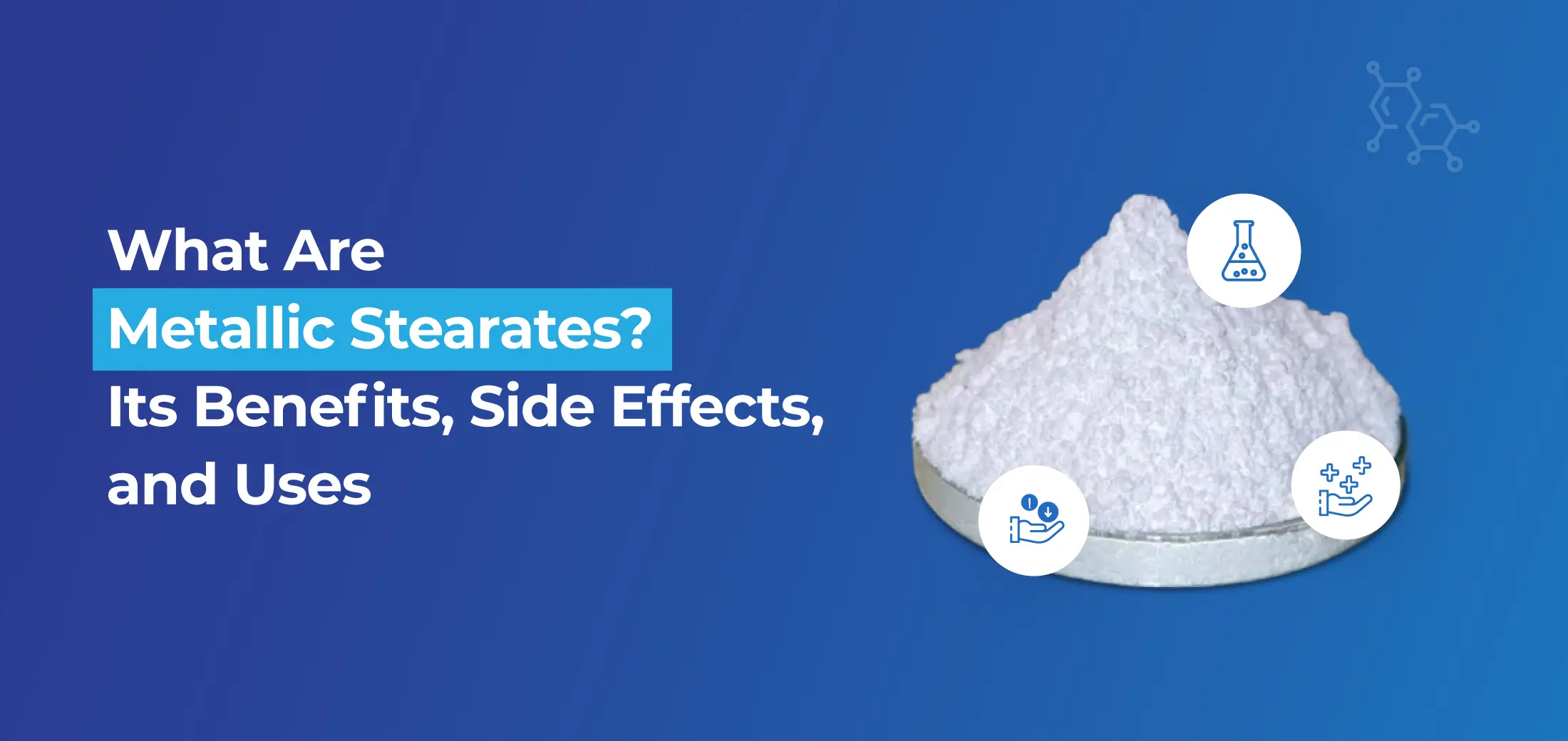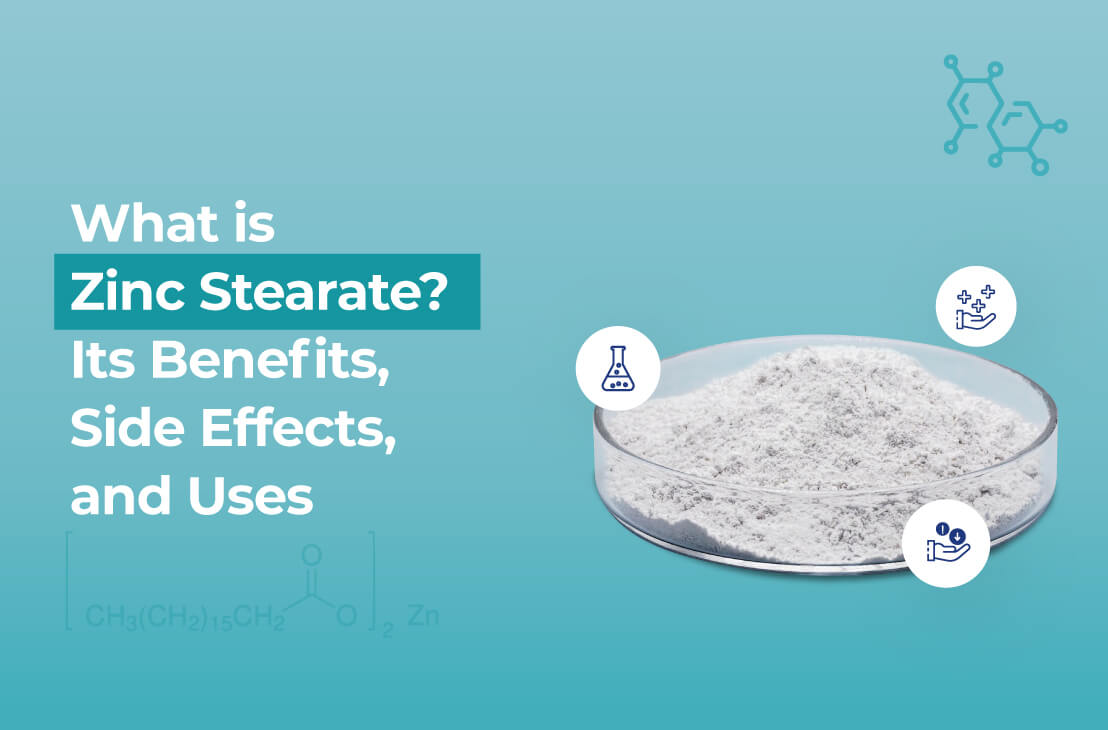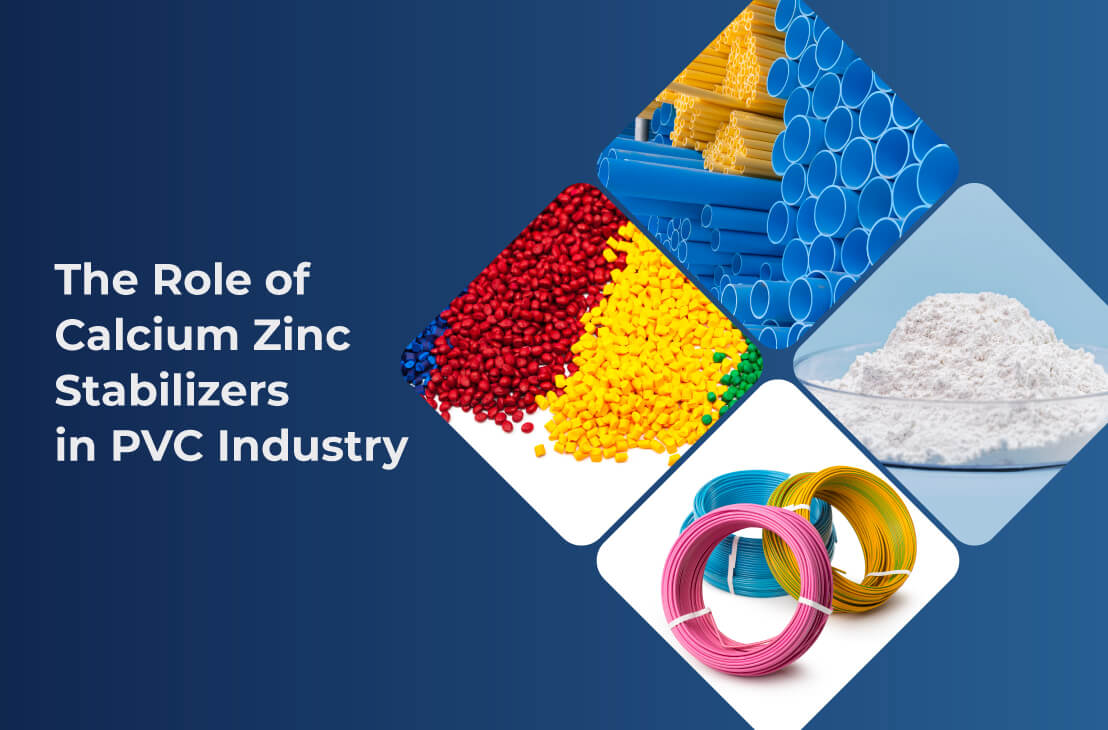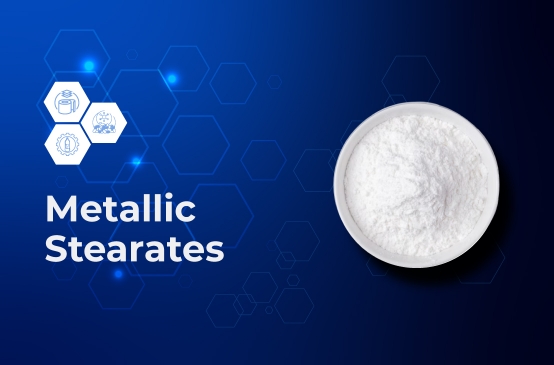Metallic stearates are a group of metallic salts of stearic acid, a long-chain fatty acid that is commonly derived from vegetable oils or animal fats. These compounds are widely used in a variety of industries due to their remarkable properties, which include lubrication, stabilization, and dispersibility. As a trusted manufacturer, supplier, and exporter of metallic stearates, Nimbasia Stabilizers has been at the forefront of delivering high-quality solutions for diverse applications.
In this blog, we will explore what metallic stearates are, their benefits, potential side effects, and various uses in industries such as plastics, cosmetics, rubber, pharmaceuticals, and more.
What Are Metallic Stearates?
Metallic Stearates are salts formed by the reaction of stearic acid with metals. The most common metallic stearates are zinc stearate, calcium stearate, magnesium stearate, aluminum stearate, and lithium stearate. These stearates have different properties based on the metal used, and they are crucial in many manufacturing processes due to their ability to improve the performance of various materials.
Benefits of Calcium Stearate Dispersion
-
Zinc Stearate
Zinc Stearate known for its excellent lubricating and stabilizing properties, zinc stearate is one of the most widely used metallic stearates in a range of industries.
-
Calcium Stearate
Calcium stearate is known for its high thermal stability and is often used as a stabilizer and lubricant in plastics and rubber processing.
-
Magnesium Stearate
Frequently used in the pharmaceutical and cosmetic industries, magnesium stearate serves as a lubricant and release agent in tablet and capsule manufacturing.
-
Aluminum Stearate
Aluminum stearate is used in the production of paints, coatings, and inks due to its thickening and stabilizing properties.
-
Lithium Stearate Stearate
Lithium stearate is commonly used in the manufacture of greases and lubricants.
Benefits of Metallic Stearates
Metallic stearates offer a wide range of benefits that make them indispensable across numerous industries. These benefits include lubrication, stabilizing properties, and the ability to disperse various materials uniformly. Let's dive into the key benefits of metallic stearates:
-
Lubrication
One of the most significant benefits of metallic stearates is their ability to act as effective lubricants. These compounds create a thin, slippery film on surfaces, reducing friction between materials. This property is particularly useful in applications such as plastics and rubber processing, where smooth and efficient movement is crucial.
For example, in the production of plastic products, zinc stearate acts as a lubricant to prevent materials from sticking to molds, thereby improving the overall efficiency of the manufacturing process. Similarly, magnesium stearate is widely used in the pharmaceutical industry as a lubricant for tablet production, ensuring smooth tablet compression and ease of release from molds.
-
Stabilization
Metallic stearates have excellent stabilizing properties. They are commonly used as stabilizers in plastic processing to enhance the thermal stability of materials. Calcium stearate, for example, is often added to PVC to prevent degradation during processing at high temperatures, ensuring the final product maintains its strength and durability.
In rubber manufacturing, metallic stearates help to stabilize the material, preventing premature degradation during processing and enhancing the final product's longevity.
-
Dispersibility
Metallic stearates can disperse pigments, fillers, and other additives uniformly within materials. This makes them essential in the production of coatings, paints, and inks, where consistent color and texture are critical. Aluminum stearate, for example, is used as a dispersing agent in paints to ensure even pigment distribution.
In the pharmaceutical industry, magnesium stearate plays a vital role in ensuring that active ingredients are evenly distributed throughout tablets and capsules, ensuring consistent dosage and quality.
-
Moisture Control
Metallic stearates, particularly zinc stearate and calcium stearate, possess moisture-absorbing properties, making them effective in controlling the moisture content in products. This is essential for preventing the clumping of powders and ensuring the stability of various formulations, especially in cosmetics, pharmaceuticals, and food products.
-
Release Agent
In addition to their lubricating properties, metallic stearates serve as effective release agents. For example, magnesium stearate is commonly used in the production of tablets and capsules to prevent them from sticking to the machinery or molds during manufacturing. This ensures that the production process is efficient and that the final product maintains its desired shape and quality.
-
Anti-Caking Properties
Metallic stearates, particularly calcium stearate and zinc stearate, help prevent the caking of powders and granules. This is important in industries such as food, pharmaceuticals, and cosmetics, where the smooth flow of powder-based materials is essential. The anti-caking properties of metallic stearates ensure that materials do not clump together, maintaining the desired texture and consistency.
Side Effects of Metallic Stearates
While metallic stearates offer a wide array of benefits, it is important to understand that, like any chemical compound, they may have potential side effects if not used properly. The side effects of metallic stearates are typically linked to their concentration and application in different industries. Below are some potential side effects:
-
Skin Irritation
In certain cases, prolonged or repeated exposure to metallic stearates, especially in powdered form, may cause skin irritation. This is particularly relevant in industries where workers are handling these compounds directly. Proper safety measures, such as wearing protective gloves and masks, are essential to prevent skin contact and inhalation.
-
Respiratory Issues
Inhalation of metallic stearate dust may lead to respiratory irritation or other pulmonary issues. Workers in industries such as plastics, rubber, or pharmaceuticals, where metallic stearates are used in large quantities, should follow strict safety protocols to minimize exposure to airborne particles.
-
Allergic Reactions
Though rare, some individuals may experience allergic reactions to metallic stearates, especially if they come into direct contact with the skin or inhale the dust. Symptoms of an allergic reaction may include skin rashes, itching, or difficulty breathing. Anyone who experiences an allergic reaction should seek medical attention immediately.
-
Environmental Impact
Some metallic stearates, when disposed of improperly, may have an environmental impact. These compounds should be handled and disposed of in accordance with safety and environmental regulations to minimize any potential harm to ecosystems.
Uses of Metallic Stearates
Metallic stearates are used in a wide variety of industries due to their versatility and beneficial properties. Below are some of the most common uses of metallic stearates:
-
Plastics Industry
In the plastics industry, metallic stearates are widely used as lubricants, stabilizers, and processing aids. They help in the smooth processing of plastics, prevent degradation at high temperatures, and ensure the uniform distribution of fillers and pigments.
- Zinc Stearate: Used as a lubricant and stabilizer in the production of PVC, polyethylene, and polypropylene.
- Calcium Stearate: Acts as a stabilizer in PVC and other thermoplastics.
-
Rubber Industry
Metallic stearates are used in the rubber industry to enhance the processing of rubber compounds. They help reduce friction, stabilize the rubber, and ensure better dispersion of fillers. Zinc stearate and calcium stearate are commonly used in rubber processing.
-
Cosmetics and Personal Care
In cosmetics and personal care products, metallic stearates, particularly magnesium stearate, are used as emulsifiers, binders, and lubricants. They help improve the texture and consistency of creams, lotions, and powders. Magnesium stearate is also commonly used as a release agent in the manufacturing of tablets and capsules.
-
Pharmaceuticals
Magnesium stearate is a widely used excipient in the pharmaceutical industry. It acts as a lubricant and release agent in tablet manufacturing, ensuring that tablets and capsules can be easily released from molds and machinery. It also helps to prevent ingredients from sticking to the equipment during the production process.
-
Paints and Coatings
Metallic stearates, particularly aluminum stearate, are used in the production of paints, coatings, and inks. They help thicken the formulation, stabilize the product, and improve the dispersion of pigments. Aluminum stearate is particularly effective in oil-based paints and coatings.
-
Food Industry
In the food industry, metallic stearates, especially calcium stearate, are used as anti-caking agents in powdered food products. They help prevent clumping, ensuring smooth and consistent powder flow. Additionally, they are used as stabilizers in the production of certain food products.
-
Grease and Lubricants
Lithium stearate is commonly used in the manufacturing of lubricating greases. It helps improve the grease's consistency, stability, and performance under extreme conditions, making it ideal for use in automotive, industrial, and heavy-duty machinery.
Conclusion
Metallic stearates are essential compounds in modern manufacturing, offering a wide range of benefits across various industries. From their lubricating and stabilizing properties to their role as dispersing agents and anti-caking agents, metallic stearates play a crucial role in improving the performance and quality of products. However, like any chemical compound, they must be used with care to avoid potential side effects and environmental impact.
At Nimbasia Stabilizers, we take pride in providing high-quality metallic stearates sourced from vegetable-based stearic acids, offering unmatched performance qualities. Whether you are in the plastics, rubber, pharmaceuticals, cosmetics, or food industry, our metallic stearates are designed to meet the highest standards of quality and reliability. Contact us today for your metallic stearates needs and discover how our products can elevate your manufacturing processes to new heights.


